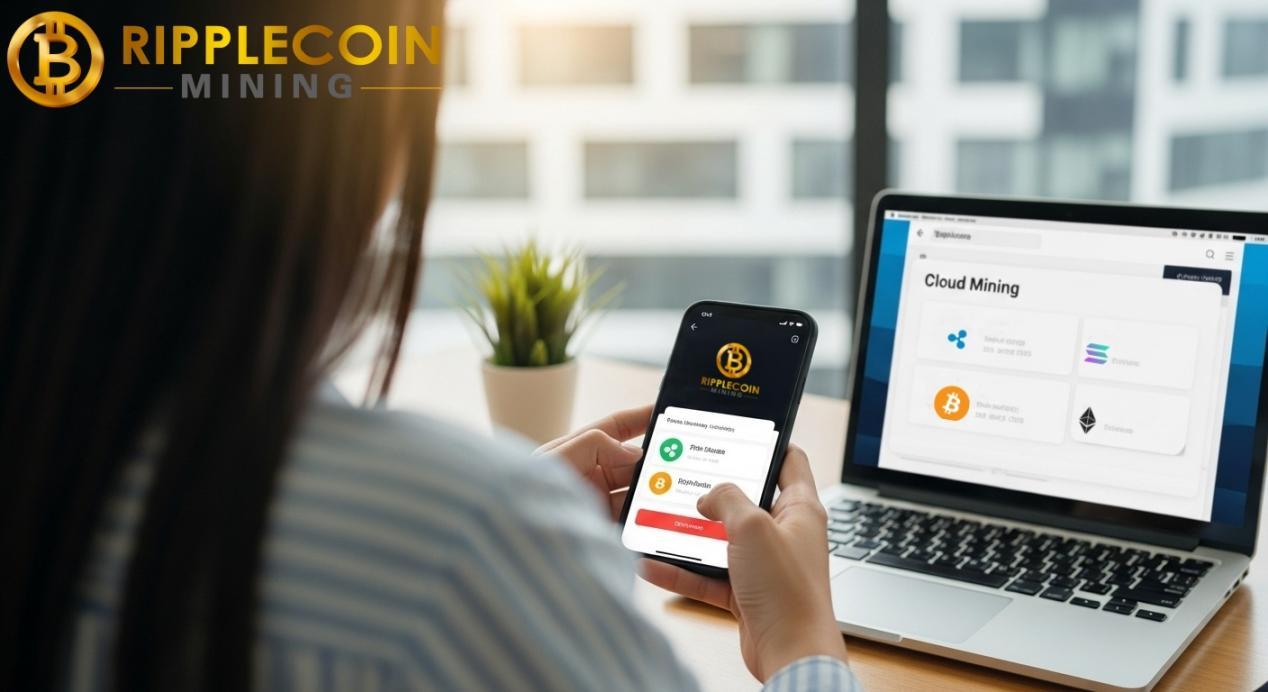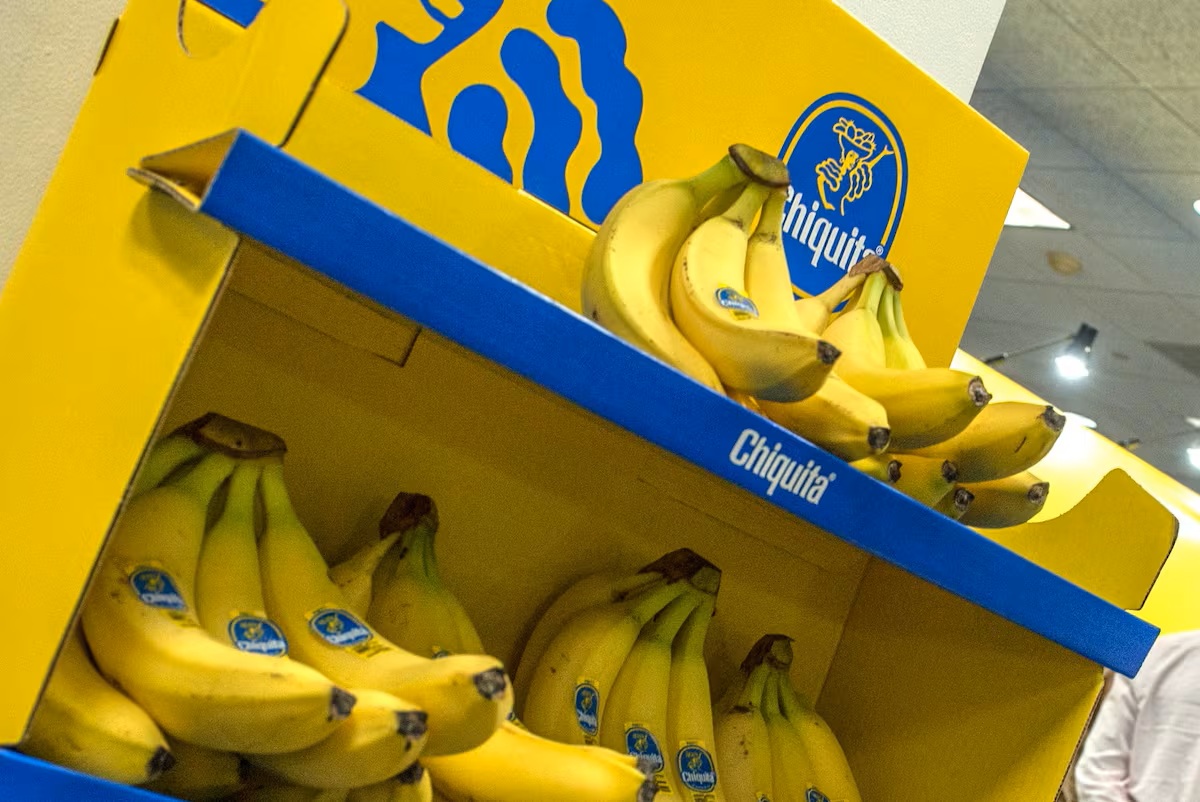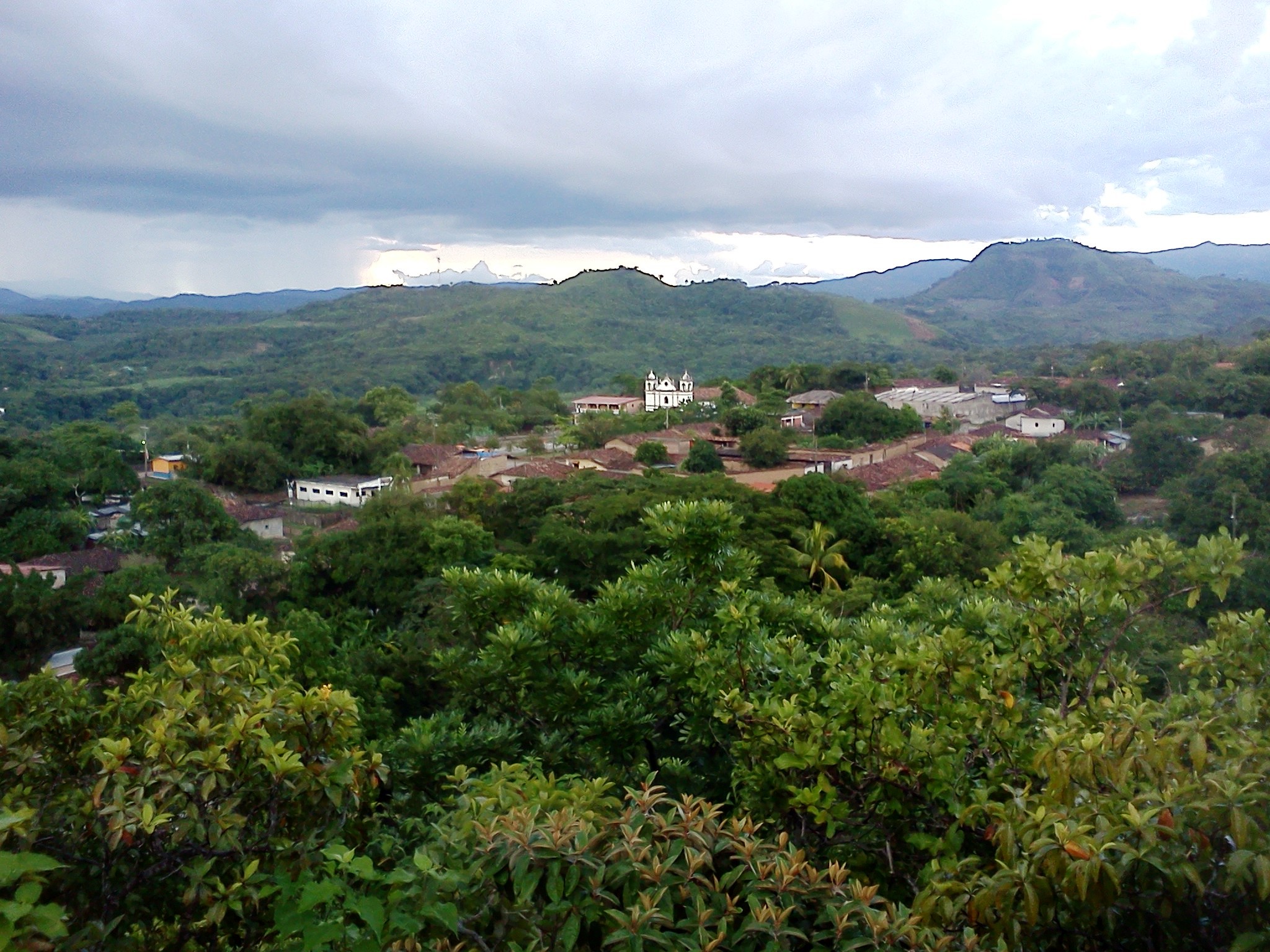Panama Canal is and will always be Panamanian – Some Old and New Information
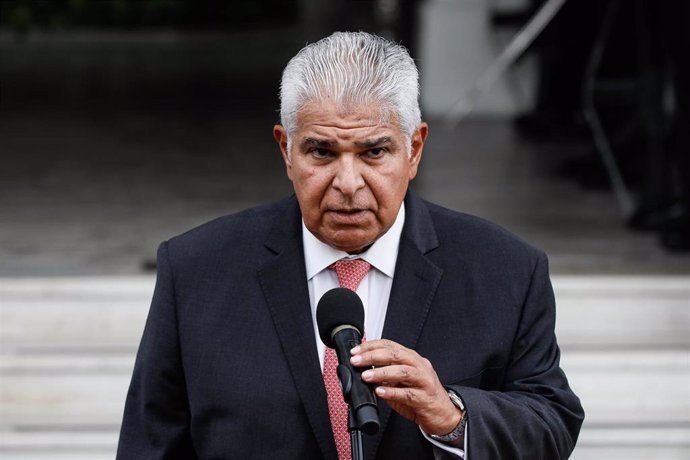
PANAMA CITY – In a post on social networks, Panamanian president Mulino shared images capturing five key moments in the waterway’s history. The first image highlights the 1964 Panama Riots, when 21 Panamanians died at the hands of the US army, which led to the severance of bilateral ties until Washington agreed to renegotiate the terms around the canal. The second image recalls 1977, when Panamanian leader Omar Torrijos and then-US President Jimmy Carter signed a treaty that established the canal’s handover to Panama on Dec 31, 1999. The last two images pay tribute to 2007, when the canal’s Panamanian administration launched the waterway’s expansion with a third set of locks, and 2025, which marks the 25th anniversary of the canal’s return to Panama. Panamanian President Jose Raul Mulino said Thursday that “Truth is reality”. The Panama Canal “is and always will be Panamanian,” written in both Spanish and English, following US President Donald Trump’s claims of wanting to retake possession of the waterway.
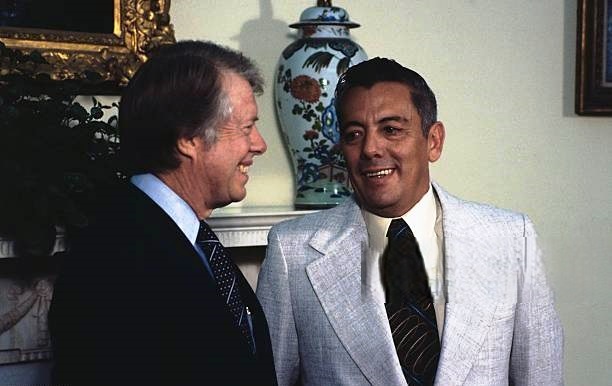
Trump called the Panama Canal “a VITAL National Asset for the United States,” threatening to retake the canal, citing “exorbitant prices” on US ships. The post was an exceedingly rare example of a US leader saying he could push a sovereign country to hand over territory. It also underlines an expected shift in US diplomacy under Trump, who has not historically shied away from threatening allies and using harsh rhetoric when dealing with counterparts. The US Department of State said on the social platform X that Panama had agreed to waive fees for US government vessels transiting the Panama Canal, which would save the US government “millions of dollars a year.” Panamanian President Jose Raul Mulino rejected the US State Department’s claim that US government vessels can now transit the Panama Canal free of charge. At a press conference, Mulino said the US statement, made by “the entity that governs the foreign policy of the United States” is “based on a falsehood and that is intolerable.” The president expressed his “absolute refusal” to “manage bilateral relations based on lies and falsehoods,” adding that he had asked Panama’s ambassador in Washington to dispute the statement. The Panama Canal Authority denied that it would allow US government vessels to transit the canal for free, clarifying that no changes have been made to tolls or fees. With the port issue resolved thanks to BlackRock, strategists expect that the Trump administration will try to cut a deal for free passage of U.S. military ships through the canal.
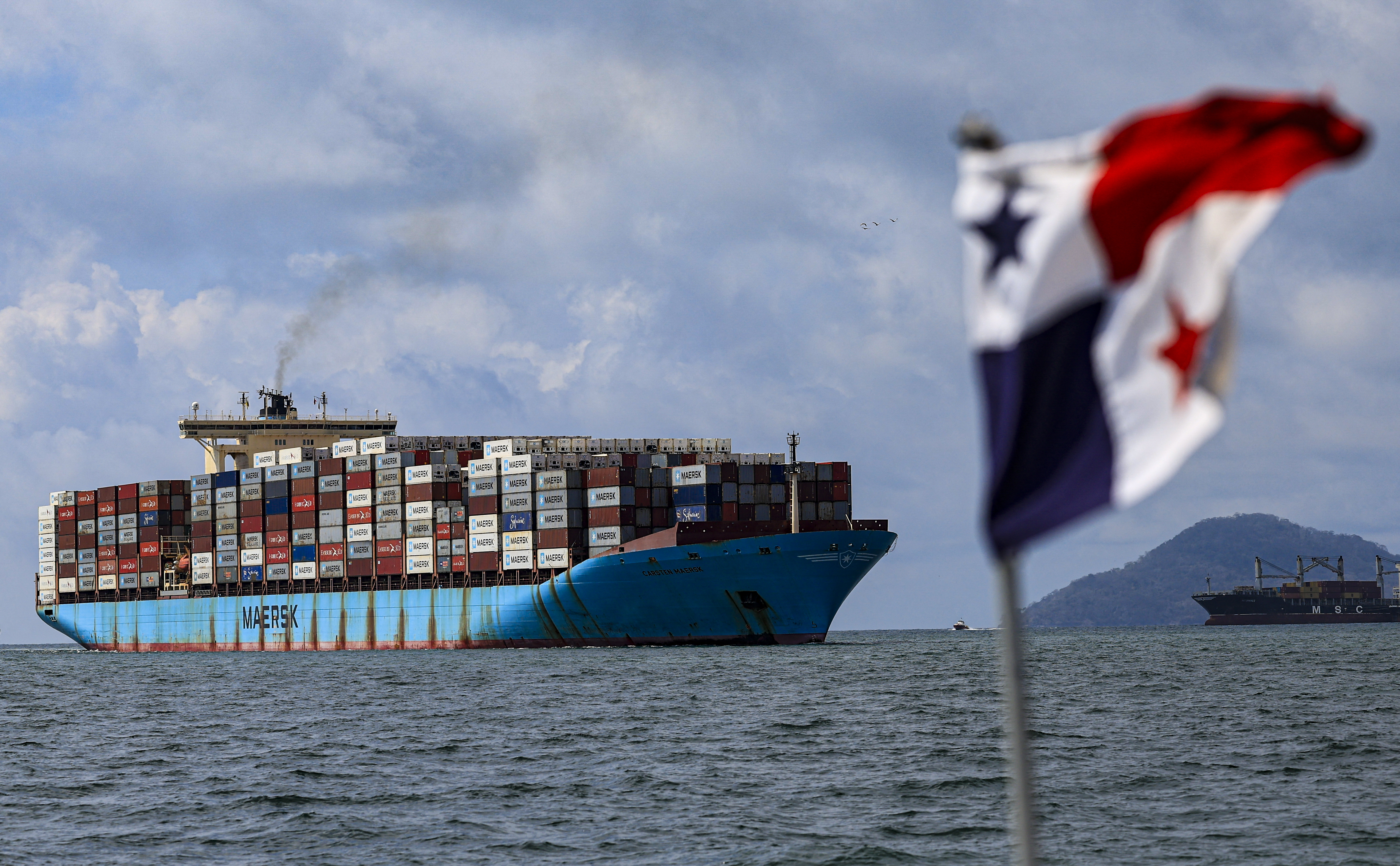
Mulino also gave details of his conversation with US Secretary of Defense Pete Hegseth, in which he explained that he has no authority to set the canal transit fees or exempt anyone from them. Regarding the possibility of reducing tolls for US ships in the future, Mulino said, “no, because in the canal the tolls are not made at the whim of the president or the administrator. There is an established process for setting tolls that is a public and open process.” Mulino added that the Torrijos-Carter Treaties established the permanent neutrality of the Panama Canal, “guaranteeing its open and safe operation for all nations and any position to the contrary is invalid.” “The tariffs are established based on an open hearing, considering market conditions, international competition, operating costs and the maintenance and modernization needs of the interoceanic waterway,” said Mulino. “The Canal will continue to be in Panamanian hands as an inalienable patrimony of our nation and guaranteeing its use for the peaceful and uninterrupted transit of ships of all nations,” said the Panamanian president.
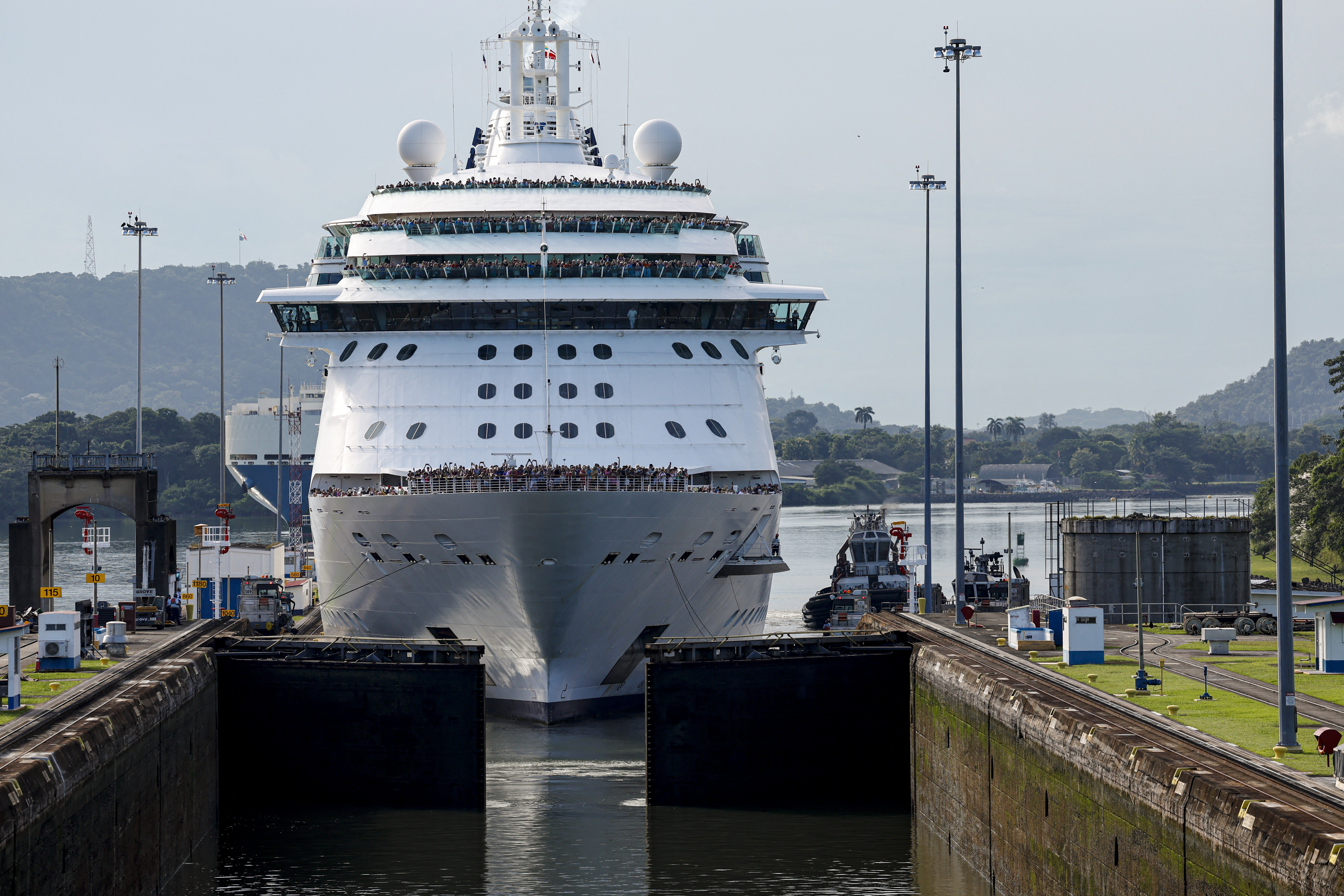
Every square meter of the Panama Canal and its adjacent area belong to Panama and “will remain so,” and “the sovereignty and independence of our country are not negotiable,” Mulino said in a social media video post. Mulino said he hopes to maintain a “respectful” relationship with the US government. He also pointed out that security issues such as illegal migration, drug trafficking, terrorism, and organized crime should be a priority in the two countries’ bilateral agenda. He recalled that according to the Torrijos-Carter Treaties signed in 1977 by the then-Panamanian president Omar Torrijos and then-US president Jimmy Carter, Panamanians recovered their sovereignty over the canal on December 31, 1999. “The Panama Canal belongs to Panama, to the Panamanians, after the struggle of generations that began on the very day the Hay-Bunau-Varilla Treaty was signed” for the construction of the interoceanic route in 1903, Mulino said during a weekly press conference.
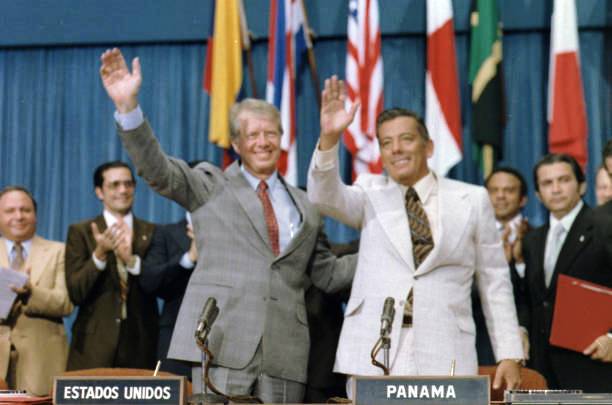
“There is no possibility of discussing anything that seeks to reconsider the legal-political reality of the Panama Canal… There is nothing to talk about. The Canal is Panamanian, period,” he said. Mulino recalled the moments that the Central American country “has suffered” in its relationship with the United States regarding the interoceanic canal. “Several treaties were added to the 1903 one in terms of economic aid, economic payments that the old Canal Commission of Panama, which was a federal entity attached to the US President, made to us,” he said. “It was a pittance of what we were paid as a country until 1999,” said the Panamanian president. The canal remained under the control of the United States until the Torrijos-Carter Treaties expired on Dec 31, 1999, when the United States returned the complete administration of the canal to Panama.



